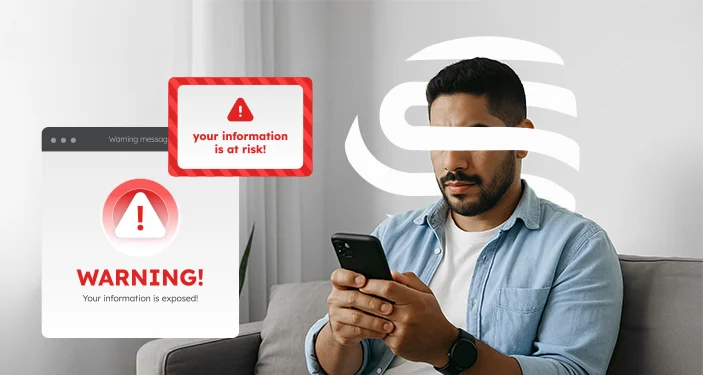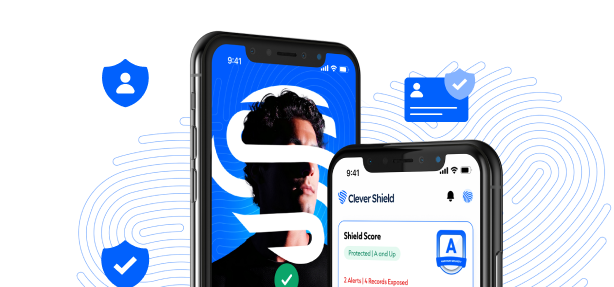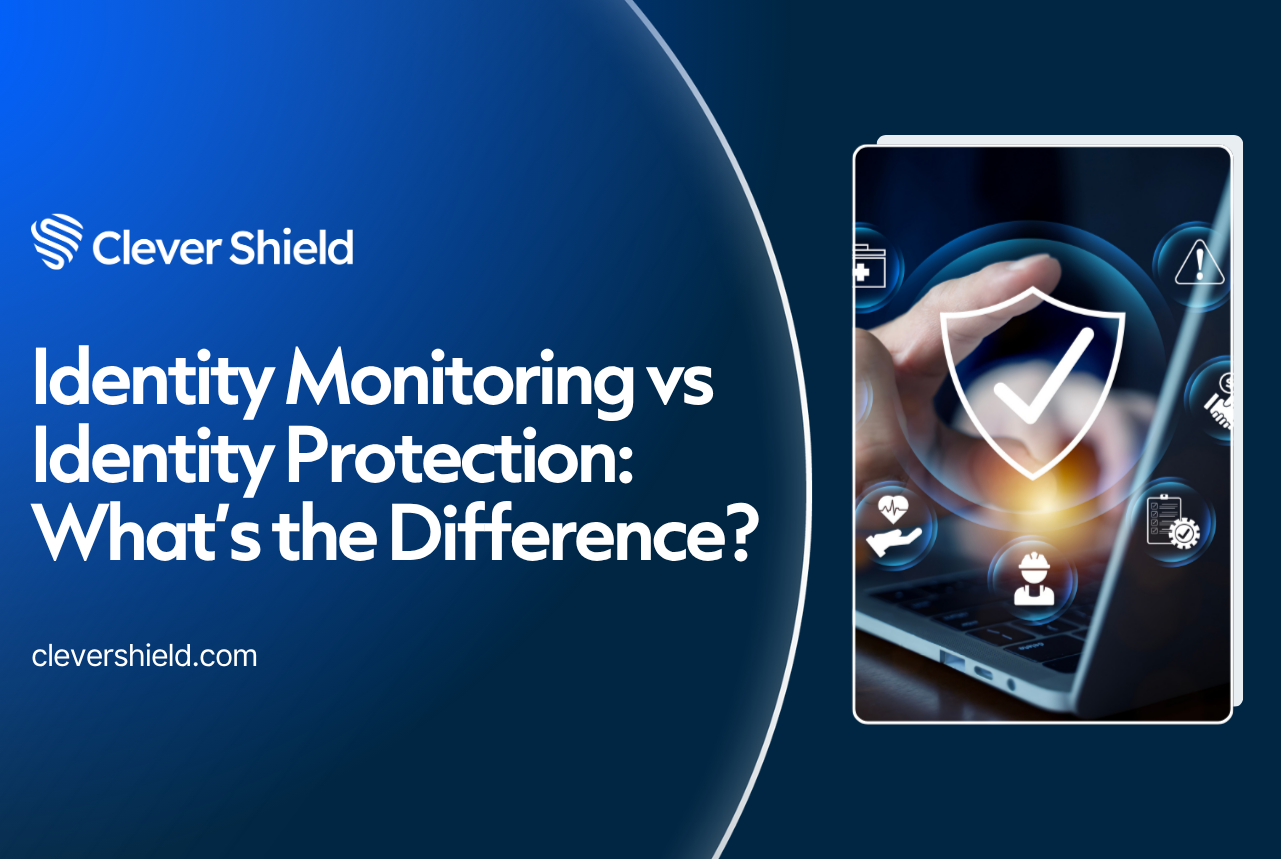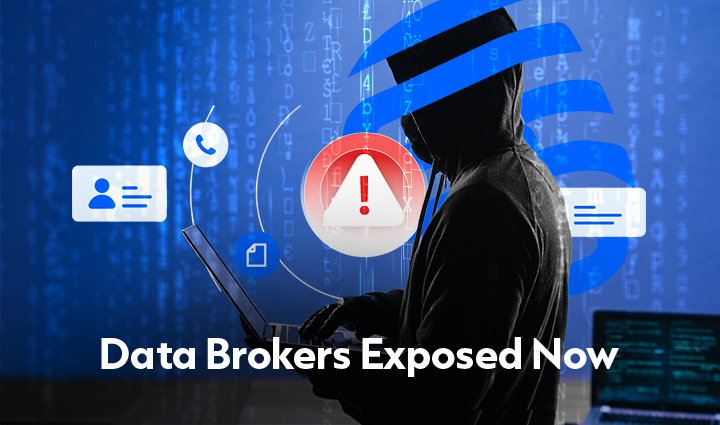Protecting personal information is crucial to prevent identity theft and fraud. This article gives practical tips to help you protect personal information, secure your data, and keep it safe from cyber threats.
Key Takeaways
Protecting personal information is essential to prevent identity theft, fraud, and data breaches, which can have long-lasting impacts.
Utilizing strong passwords, two-factor authentication, and secure networks significantly enhances the security of personal information.
Regularly monitoring financial accounts and credit reports, along with limiting the sharing of personal information, is crucial for identifying potential fraud and maintaining privacy.
Understand the Importance of Protecting Personal Information
Protecting personal information is crucial for preventing identity theft, data breaches, and financial fraud. Millions of people are affected by identity theft each year, leading to severe consequences such as fraud and loss of trust. When sensitive data like names, email addresses, social security numbers, and bank account details fall into the wrong hands, the impact can be devastating. Imagine receiving a notice from your bank about unauthorized transactions or discovering that your social security number has been used to open fraudulent accounts. The fallout from such incidents, including a data breach, can take years to resolve, and the emotional toll can be significant.
Personal information is scattered across various sources, from social media profiles to online shopping accounts. This widespread distribution of data increases the risk of impersonation scams and financial fraud. Cybercriminals are always on the lookout for new ways to access sensitive data, and even a small piece of information can be enough to cause significant harm. For instance, a seemingly innocuous detail like your birthdate, when combined with other personal details, can be used to impersonate you or gain access to your accounts, potentially involving personally identifiable information.
Data privacy is not just about protecting your information; it’s also about maintaining trust and security in your personal and professional relationships. When customer information is compromised, businesses suffer reputational damage and lose the trust of their clients. Implementing robust data security measures is essential to protect data and maintain the integrity of your personal and professional life.
Understanding the importance of protecting personal information allows you to take proactive steps to secure your data and prevent potential security vulnerabilities and protections.
Use Strong Passwords and Two-Factor Authentication
One of the most effective ways to protect your personal information is by using strong passwords. A strong password is your first line of defense against unauthorized access to your accounts. Here are some tips for creating unique passwords:
Aim for passwords that are at least 15 characters long.
Incorporate a mix of lowercase and uppercase letters, numbers, and symbols.
Regularly update your passwords.
Avoid using easily guessable information, such as your name or birthdate.
Following these guidelines can significantly enhance your data security.
Using different passwords for each of your accounts is crucial to prevent a single breach from compromising multiple accounts. Here are some important practices to enhance your account security:
Use password managers to generate and store complex passwords, reducing the likelihood of using weak or repeated passwords.
Consider using security questions that are not easily guessable.
Regularly update your security settings to ensure the highest level of protection.
Two-factor authentication (2FA) adds an extra layer of security by requiring you to verify your identity through a second method, such as a text message or biometric data. This additional protection makes it much harder for cybercriminals to access sensitive data even if they manage to obtain your password.
Implementing multi-factor authentication, which may include physical security tokens or biometric verification, provides an even more robust level of security for your accounts. By combining strong passwords with two-factor authentication, you can significantly reduce the risk of unauthorized access and keep your sensitive data secure.
Secure Your Devices and Networks
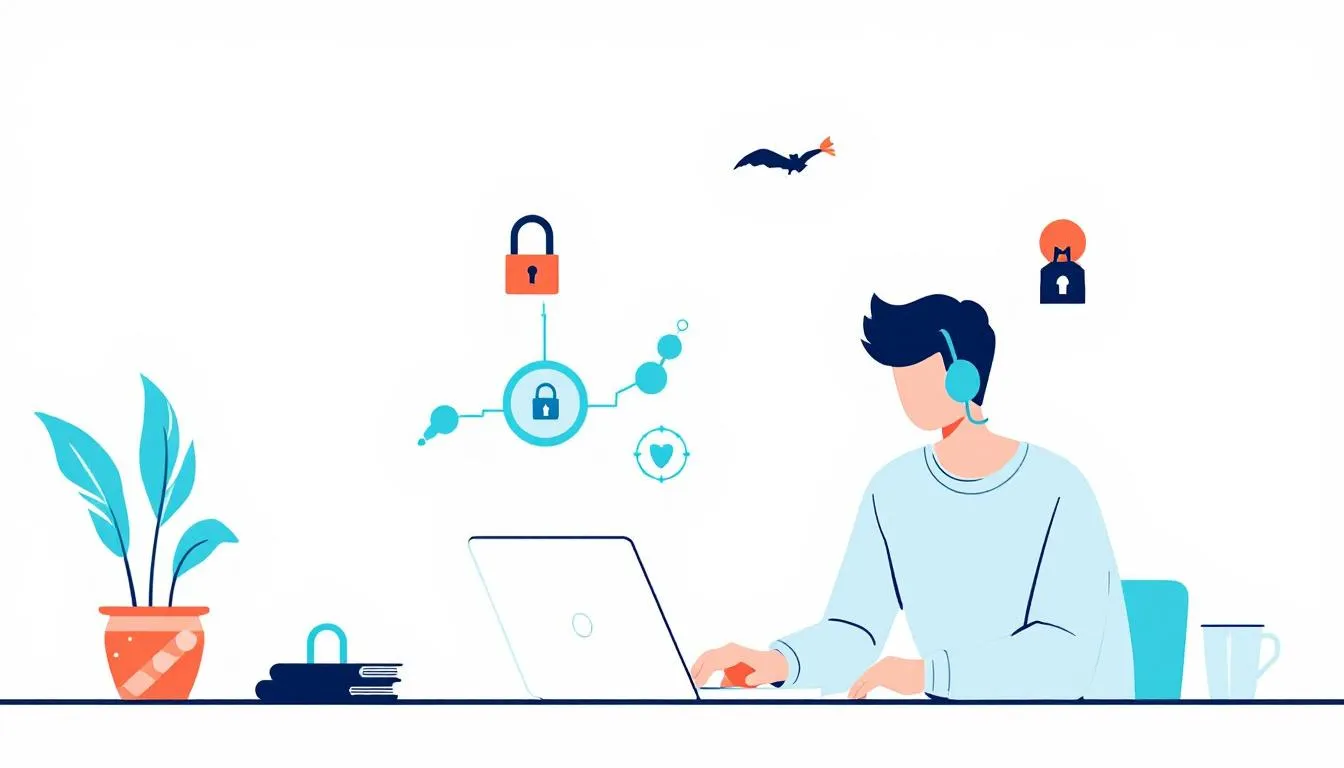
Securing your devices and networks is another critical step in protecting your personal information. Key components include:
Antivirus software: essential for identifying and eliminating malicious software that can compromise your device’s security.
Regular updates: necessary for antivirus software to stay protected against the latest threats and security vulnerabilities.
Firewalls: act as a barrier that filters incoming and outgoing network traffic based on predetermined security rules, preventing unauthorized access from external devices.
Virtual private network (VPNs) create an encrypted connection over a less secure network, such as public Wi-Fi, allowing for safe data transmission. Using a VPN can help protect your data from eavesdropping and interception by cybercriminals. Additionally, consider the following security measures:
Ensure that your mobile devices, such as cell phones and other mobile devices, have up-to-date security settings.
Protect your devices with strong passwords.
Keep firewalls activated on your devices to provide an additional layer of protection against malware when using public networks. Transport layer security can also enhance your overall security.
Keep your device’s operating system and software updated to maintain security. Outdated software can have security vulnerabilities that cybercriminals can exploit to gain access to your device and data.
Securing your devices and networks protects your personal information from potential security incidents and ensures that your sensitive data remains safe.
Be Cautious with Public Wi-Fi
Using public Wi-Fi can expose you to various risks, including identity theft and eavesdropping. Cybercriminals can easily access the same network to intercept communications and capture sensitive data. To protect your personal information, always verify that you are connecting to the correct network, as malicious setups can mimic legitimate Wi-Fi names. Disabling auto-connect features on your devices can prevent unintentional connections to unsafe networks.
Even with a VPN, accessing sensitive information on public networks remains risky. Exercise caution and avoid accessing sensitive data, such as banking information or personal details, when using public Wi-Fi on the internet. By being cautious and taking the necessary precautions, you can minimize the risks associated with using public networks and keep your personal information secure.
Recognize and Avoid Phishing Scams
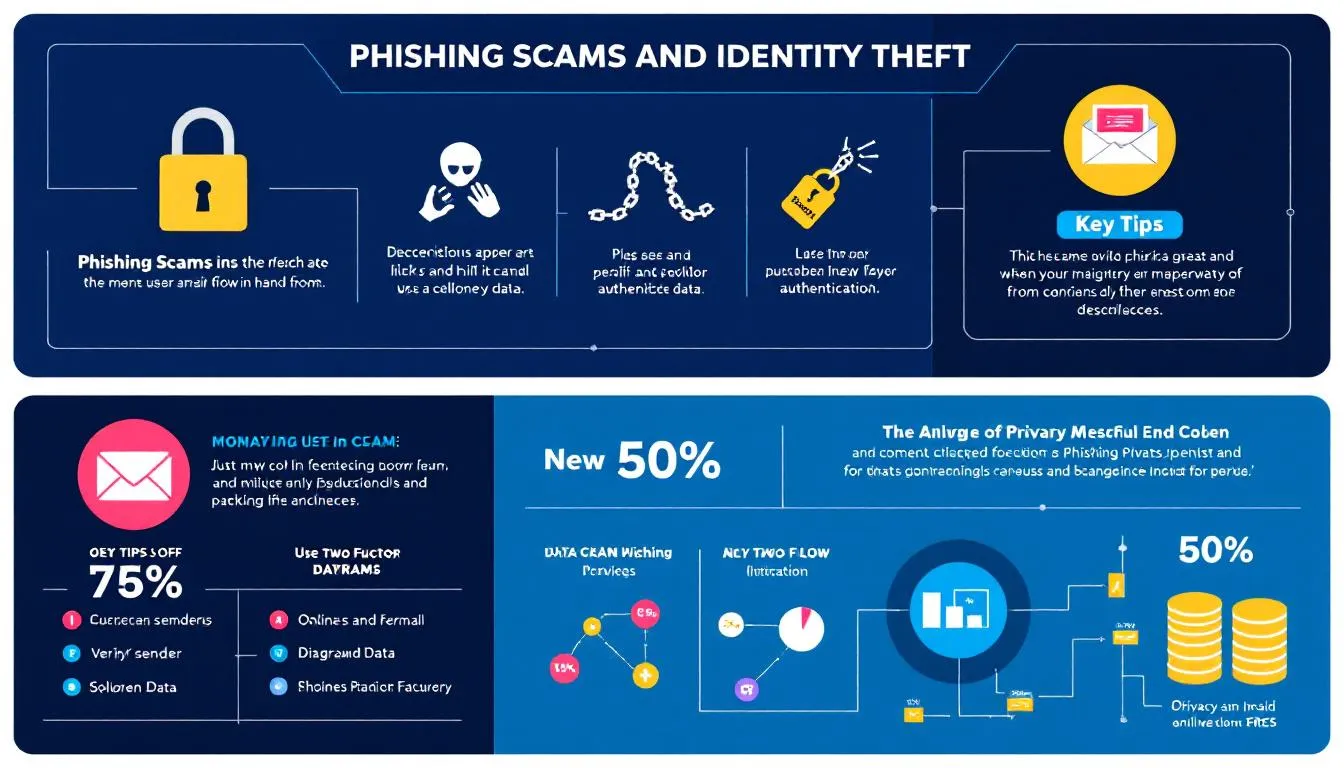
Phishing scams are a common tactic used by cybercriminals to steal personal information and commit identity theft. These scams often involve fake emails or texts claiming to be from trusted companies, urging individuals to click on malicious links. Common signs of phishing emails include:
Generic greetings
Urgent account issues
Requests to verify personal information through links If you receive such an email, do not click on any links or provide any personal information.
To verify the authenticity of a message, contact the company directly using official contact methods, such as their website or customer service number. Reporting phishing attempts can contribute to efforts in combating scams and help protect others from similar threats.
Staying vigilant and recognizing the signs of phishing scams protects your personal information and helps you avoid falling victim to identity fraud.
Regularly Update Systems and Software
Keeping your systems and software up-to-date is essential for maintaining security because:
Software updates often include patches for security vulnerabilities that could be exploited by attackers.
Using outdated software can leave your devices and data vulnerable to malware and other cyber threats.
Automatic updates can save you time and ensure that the latest security features are always in place without manual intervention.
Outdated software can also lead to compatibility issues with other applications and hardware, potentially disrupting your workflow. Regularly updating your systems and software protects your personal information and ensures that your devices run smoothly and securely, utilizing the latest technology.
Monitor Financial Accounts and Credit Reports
Monitoring your financial accounts and credit reports is crucial for detecting and preventing fraud. Many financial institutions provide tools to track account activity and alert users to monitor activity of unusual transactions or changes. By regularly reviewing your account statements and setting up alerts, you can quickly identify and address any suspicious activity.
Credit reporting agencies and credit bureaus offer free credit reports annually, allowing you to check for any discrepancies or unauthorized accounts. Fraud alerts can be placed on your credit reports to notify creditors that you may be a victim of fraud, requiring extra identity verification before granting credit.
Credit monitoring services often provide alerts regarding significant changes to your credit reports, helping you identify potential fraud quickly. Actively monitoring your financial accounts and credit reports protects your financial information and helps prevent identity theft.
Limit the Sharing of Personal Information
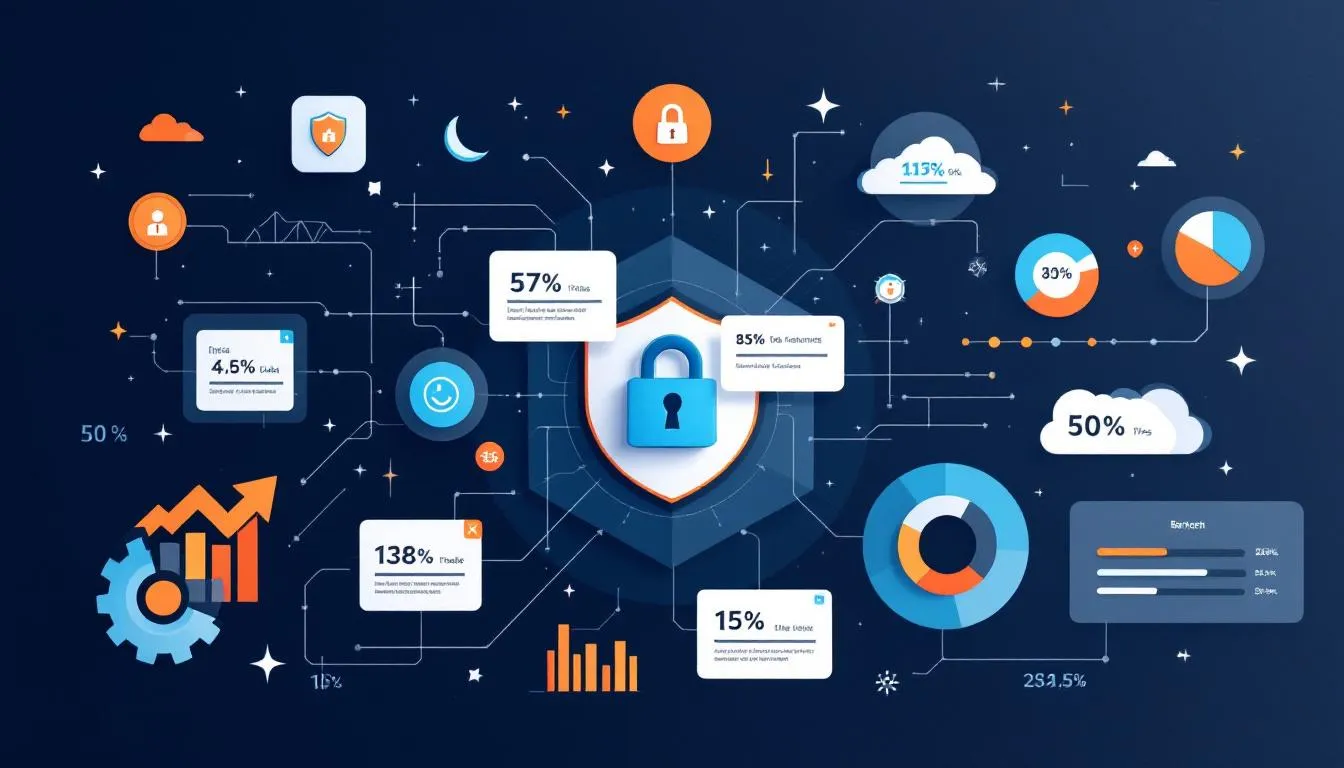
Limiting the sharing of personal information is crucial to protecting your privacy and preventing identity theft. Here are some important considerations:
Utilize privacy settings on social media platforms to control who has access to your personal data.
Always consider what personal information you post online and evaluate its necessity.
Avoid sharing sensitive information such as your phone number or social security number publicly, as this can increase the risk of identity theft.
Monitoring your digital footprint can prevent identity theft by reducing the amount of personal data available online. Be mindful of the information you share and regularly review your privacy settings to ensure that your sensitive data remains secure.
Limiting the sharing of personal information helps protect your personal details and maintain your data privacy.
Properly Dispose of Sensitive Information
Properly disposing of sensitive documents is essential to prevent identity theft and fraud. Sensitive paperwork should be made unreadable by burning, shredding, or pulverizing before disposal. Secure data erasure includes methods like overwriting data, degaussing, and physically destroying storage media. Ensuring that sensitive information cannot be read or reconstructed after disposal is crucial for data security.
Businesses ought to establish data destruction policies. These policies should detail the procedures for erasing data and identify the types of data requiring secure erasure. By properly disposing of sensitive information, you can protect your personal information and prevent data breaches.
Implement Data Privacy Best Practices for Businesses
Businesses are legally required to secure sensitive personal information under statutes such as the Gramm-Leach-Bliley Act. Implementing effective data security measures can significantly reduce the risk of identity theft and fraud. Data protection solutions employ various technologies, including:
Data loss prevention (DLP)
Encryption
Firewalls
Endpoint protection.
Developing a robust data security plan is essential for businesses to protect sensitive information. Regular employee training on data security practices is crucial for minimizing risks associated with data breaches. Routine employee training helps:
Create a culture of security awareness within the organization
Help employees spot security vulnerabilities
Enable employees to implement security rules These factors collectively contribute to stronger data security.
Organizations should have a documented policy for retaining customer data only as long as necessary and ensure that their third-party service providers adhere to similar data security standards. By implementing data privacy best practices, businesses can protect customer information and maintain trust.
Clever Shield: An Active Solution for Identity Protection
Automated data removal features designed to eliminate personal information from various online sources
Real-time alerts
$1 million identity theft insurance
Clever Shield is an advanced identity protection and monitoring platform that offers:
The service actively removes exposed personal data and tracks removals over time, providing a proactive solution to identity protection.
Users of Clever Shield benefit from:
Real-time monitoring of Social Security Numbers, emails, phone numbers, and banking information
Alerts about unauthorized access to their personal information
Up to $1 million in identity theft insurance to mitigate financial losses
Dark web monitoring
Automated data broker removals within 24 hours
Clever Shield ensures that your sensitive data remains secure and protected.
Clever Shield is designed to save victims hundreds of hours of stress, paperwork, and disputes by automating the hardest parts of identity restoration. The service offers:
A secure paper trail to stop the reinsertion of fraudulent data
A simple user experience with a free scan in 60 seconds
An optional cleanup subscription
By using Clever Shield, you can protect your personal information and enjoy peace of mind knowing that your identity is actively safeguarded.
Summary
Protecting personal information is vital in today’s digital world, where the risks of identity theft, data breaches, and financial fraud are ever-present. By understanding the importance of data security and implementing the best practices outlined in this guide, you can protect your sensitive information and maintain your peace of mind. From using strong passwords and two-factor authentication to securing your devices and networks, these steps are essential for safeguarding your personal data.
Remember to be cautious with public Wi-Fi, recognize and avoid phishing scams, regularly update your systems and software, monitor your financial accounts and credit reports, and limit the sharing of personal information. Properly disposing of sensitive information and implementing data privacy best practices for businesses are also crucial. For comprehensive protection, consider using Clever Shield to actively safeguard your identity. By taking these proactive steps, you can protect your personal information and enjoy a secure digital life.
Frequently Asked Questions
What are the most effective ways to protect my personal information?
To effectively protect your personal information, use strong passwords, enable two-factor authentication, secure your devices and networks, and be cautious with public Wi-Fi. Taking these steps significantly enhances your privacy and security.
How can I recognize phishing scams?
To recognize phishing scams, watch for generic greetings, urgent account issues, and requests for personal information via links. Always verify the sender’s identity using official contact methods.
Why is it important to regularly update my systems and software?
Regularly updating your systems and software is crucial as it protects against security vulnerabilities that attackers can exploit, keeping your devices secure. Taking this proactive measure is essential to safeguarding your data and privacy.
How can I limit the sharing of my personal information online?
To limit the sharing of your personal information online, utilize privacy settings on your social media accounts, carefully evaluate the necessity of the information you share, and regularly monitor your digital footprint. This proactive approach helps safeguard your privacy.
What features does Clever Shield offer for identity protection?
Clever Shield offers robust features for identity protection, including automated data removal, real-time monitoring, dark web alerts, and $1 million in identity theft insurance. These tools work together to keep your personal information secure and provide peace of mind.

